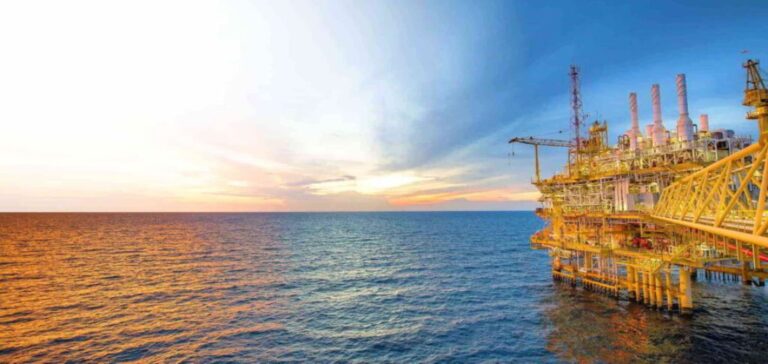The Orange Basin, located off the coasts of South Africa and Namibia, has recently revealed significant volumes of hydrocarbons. This discovery has generated growing interest from South African authorities eager to strengthen national energy security.
Government call for increased exploration
On February 19, Tseliso Maqubela, Deputy Director-General of the Department of Mineral Resources and Energy (DMRE) of South Africa, urged Parliament to facilitate permits for companies seeking to explore the Orange Basin. He emphasised the importance of national support to maximise the opportunities presented by this energy resource.
“In fact, the vast majority of the oil found in Namibia within this basin is located on our side of the border,” said Tseliso Maqubela. While no independent official estimates confirm this claim, the energy potential of the basin is considered significant.
Challenges and controversies surrounding exploration
Offshore oil exploration in South Africa faces notable challenges. Local communities and environmental organisations have raised concerns about the potential impacts on the environment and traditional ways of life. A study published in 2022 by the Academy of Science of South Africa (Assaf) highlights these issues.
Despite government support, the granting of permits to oil companies remains uncertain, reflecting a delicate balance between energy development and environmental concerns.
Initiatives by major industry players
International companies are increasingly interested in the Orange Basin. In March 2024, TotalEnergies, in partnership with QatarEnergy, acquired a stake in Block 3B/4B, located about 200 km off the western coast of South Africa. This block covers an area of 17,581 km² and is adjacent to the Deep Water Orange Basin block, also operated by TotalEnergies.
Meanwhile, Brazilian oil company Petrobras has expressed its intention to explore the Orange Basin, integrating South Africa into its hydrocarbon exploration activities on the continent.
These initiatives highlight the growing attractiveness of the Orange Basin for foreign investment, despite ongoing environmental and regulatory challenges.






















